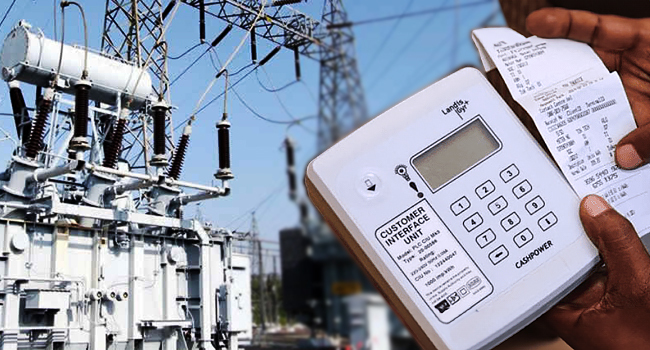Amidst the recent tariff hike and the escalating cost of fuel, premium electricity consumers, categorized as Band A customers, are turning to solar power as an alternative energy source.
With electricity costs surging by over 300% since April due to the government’s decision to eliminate subsidies for areas covered by Band A feeders, many consumers are exploring solar energy as a viable and sustainable solution.
The Nigerian Electricity Regulatory Commission (NERC) increased the tariff in Band A to N225 per kilowatt-hour in April, later reducing it to N206.80/kWh in May. Despite calls for a reversal of the tariff by organized labor, Minister of Power Adebayo Adelabu defended the hike, citing its attraction to investors and its contribution to sector liquidity.

While the government contends that Band A customers can afford energy costs without subsidies, concerns have been raised about the inclusion of low-income earners within this category. Many individuals, including pensioners, traders, and civil servants, struggle to meet their electricity bills, leading to disconnections for some.
The tariff hike has significantly impacted consumers’ purchasing power, with some witnessing a reduction in electricity usage and essential spending. Consumers report spending exorbitant amounts on electricity since the hike, prompting them to seek alternative energy sources like solar power.
Financial constraints and affordability issues pose challenges for consumers considering solar power as an option. The rising costs of solar panels and batteries, exacerbated by Nigeria’s volatile foreign exchange rate, hinder widespread adoption. Additionally, obtaining landlords’ approval for solar panel installations presents a hurdle for tenants seeking alternative energy solutions.
Despite affordability concerns, demand for solar power has surged following the removal of electricity subsidies. Renewable energy companies report increased inquiries from consumers seeking to offset high energy costs through solar installations. To mitigate financial barriers, solar energy providers offer flexible payment plans and partnership options with microfinance banks.
As Nigeria grapples with energy poverty and economic uncertainties, solar power emerges as a promising solution to address these challenges. By embracing solar energy, individuals and businesses can reduce their reliance on the national grid, contributing to energy independence and environmental sustainability. However, addressing affordability barriers and promoting renewable energy investments are crucial steps towards realizing the full potential of solar power in Nigeria’s energy landscape.
Support InfoStride News' Credible Journalism: Only credible journalism can guarantee a fair, accountable and transparent society, including democracy and government. It involves a lot of efforts and money. We need your support. Click here to Donate
